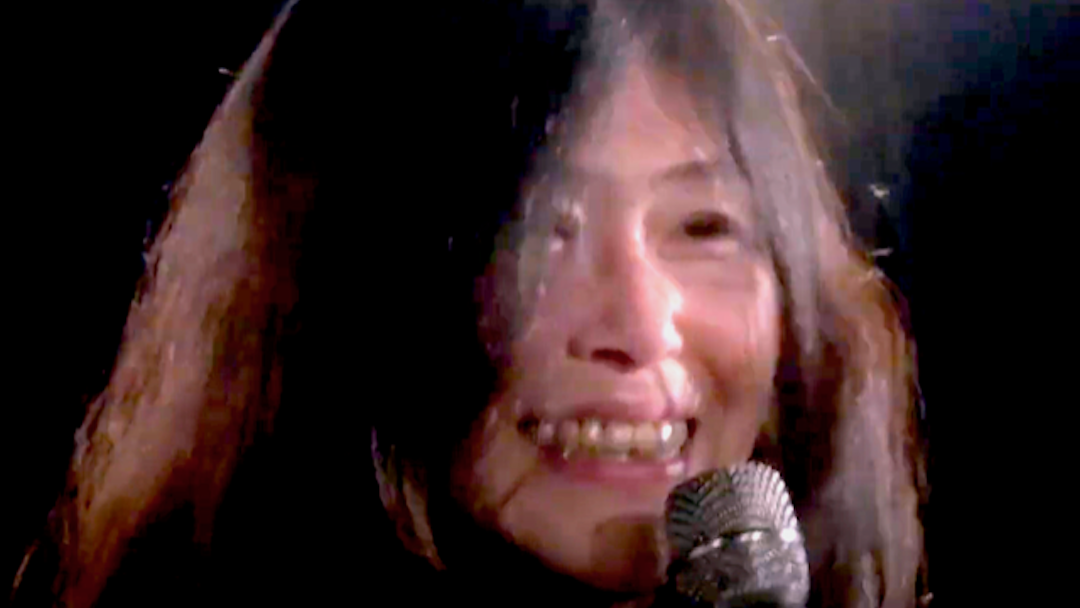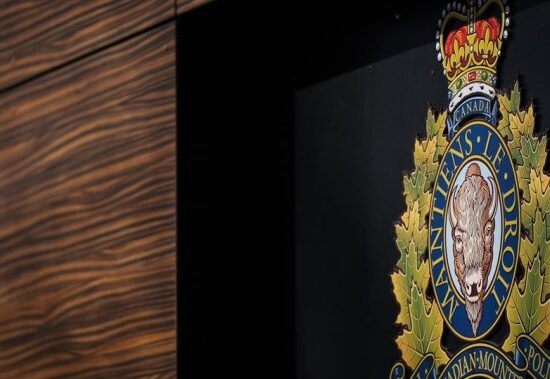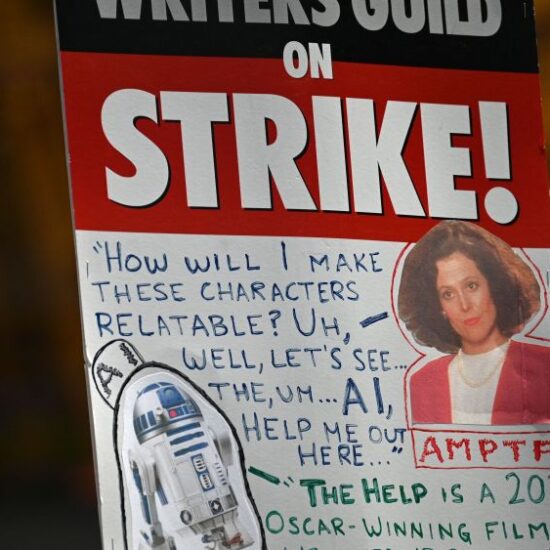
Today is March 20! On March 20, 1969, John Lennon and Yoko Ono celebrate their wedding anniversary!
People in the modern world are not told the truth about many things by the mass media. Most things are just propaganda. But with many other things, reporters and writers are just being lazy and, well, they can’t speak Japanese or other local languages so they cannot delve deeply into many subjects
One subject which has been a part of discourse in the West for many decades is: “Did Yoko Ono break up the Beatles?” Yes, a mundane subject. But people have been arguing about this since I can remember. It’s time to set the record straight (pun intended)!
Yoko’s family were by far one the richest families in Japan, if not the richest. And as their eldest child, it stands to reason that Yoko was the heir to the family wealth. So to think that
Yoko “broke up the Beatles” or “wanted to marry John Lennon for money” might be a bit tenuous. Why? Read on.
I will not push my opinion upon you, one way or another, I will merely present the facts and the reader can decide.
Yoko was born in 1933 in Tokyo, Japan. She was born into an extremely wealthy Aristocratic family. Yoko was born into the class of women who may have married the emperor of Japan. In fact, she was enrolled in such an elitist school, that she was a classmate of the future emperor of Japan, Prince Akihito.
Yoko’s grandfather founded and owned the Yasuda group. There is not a person in Japan that does not know the name or his story. The Yasuda group would have made them in the top 4 of the richest families in Japan, perhaps the richest. Her grandfather (you may have heard of Zaibatsu. They controlled Japan for decades, until the end of the war) Yasuda group owned many banks, real estate companies, huge tracts of land, and had their hand in all sorts of businesses in Japan, as well as financing many, many industrial projects. To this very day, they are still, in whispered voices, called Zaibatsu by some. The comparison of Yasuda to the Beatles? The Beatles sold lots of records, but Yasuda group made billions of dollars annually every year (adjust to today’s rate) for nearly 80 years!
Yoko’s father was the first Japanese to open a Japanese bank in the USA during the Economic Miracle of Japan. It was then that Yoko moved to the USA with her mother. Yoko’s parents chastised her often for befriending people that they felt were beneath her.
By the way, Yoko Ono was smart with money. She helped the 1967 Beatles break free from a contract that was holding them back. Breaking this contract was critical to the future success of the Beatles. To remind you, Yoko became involved with the Beatles in 1966. People credit Brain Epstein, but was he really so good at business? Decide for yourselves or was Yoko there, whispering into the Beatles ears?
And as far as Yoko showing up to the Beatles rehearsals, of course John Lennon asked her to attend. So, while the Beatles fought, Yoko would just sit there, silently (as any Japanese would do), on an amp and wonder, “Why do these people fight?” She would say nothing.
One time, when Yoko was telling John Lennon who her family was, she showed him a photo of her grandfather. John Lennon said, “I was him in a previous life!” Yoko scolded John and said, “Don’t say that! My grandfather was assassinated.” We all know what happened to John Lennon.
John Lennon was just a musician (considered a low class job in Japan) and did not even graduate from college and dropped out. Any Japanese family, including Yoko Ono’s family, would be completely against their only child marrying a musician or someone like Lennon.
When TV documentaries are made, that talk about the Beatles, why does no one ever discuss these things at all? This information totally changes everything about the unknown history of the Beatles & Yoko Ono.
So, once you understand this, you can imagine, as I do, that it was John, and not Yoko, who, after dating and consulting about personal backgrounds, and realizing who Yoko was and how incredibly wealthy her family was, John must have thought, “I have won the lottery!“
About the film: Yoko: “Grapefruit”
Yoko was a very influential Avant Guard artist in the Fluxus Movement in 1964, the time frame of this movie. That was two years before she met John Lennon.
The Fluxus group was a loose association of Dada-inspired avant-garde artists which was founded in the early 1960s by Lithuanian-American artist George Maciunas. Maciunas admired and enthusiastically promoted Yoko’s work, and gave Yoko Ono her first solo exhibition at his AG Gallery in New York in 1961.
Fluxus was an international, interdisciplinary community of artists, composers, designers and poets during the 1960s and 1970s who engaged in experimental art performances which emphasized the artistic process over the finished product. Fluxus is known for experimental contributions to different artistic media and disciplines and for generating new art forms. Fluxus also was called, “Anti-art” and many artists destroyed their art by fire as part of the exhibition of said art.
In the tradition of Fluxus art, viewers must do something to enjoy the art fully and be with the creator of the art and artist. They must be a part of the project. Most people who come to the screening will receive a high-quality original art print that has a hand drawn artwork on one side and the explanation about Yoko and this unknown history on the back. This art will be a very limited edition and not available anywhere else. It will never be reprinted and sold. The audience can care for this original artwork by taking it home and framing it, or, in the tradition of Fluxus they can destroy it.
Either way, after that, this experience will end for the audience, and they can take a small piece of Grapefruit home in their hearts, or not… And perhaps they will have a piece of history and hanging on their walls reminding them of a much better time.
Mike Rogers [aka Mike (in Tokyo) Rogers] is a director, producer, and a radio host.
He was also known as “Nigel Nitro”, former lead singer of the Los Angeles punk band, The Rotters (who had the monster hit, “Sit on My Face, Stevie Nix” in the late 1970s.
Currently, he hosts the Mike Rogers Show on InterFM in Tokyo and on Radio Neo in Nagoya, Japan.
He is also the writer, producer and co-director of the 2017 feature film, “Ghostroads – A Japanese Rock n Roll Ghost Story” which premiered at the Raindance Film Festival 2017.
He is a founding member of the Mt. Fuji – Atami Film & VR Festival.














